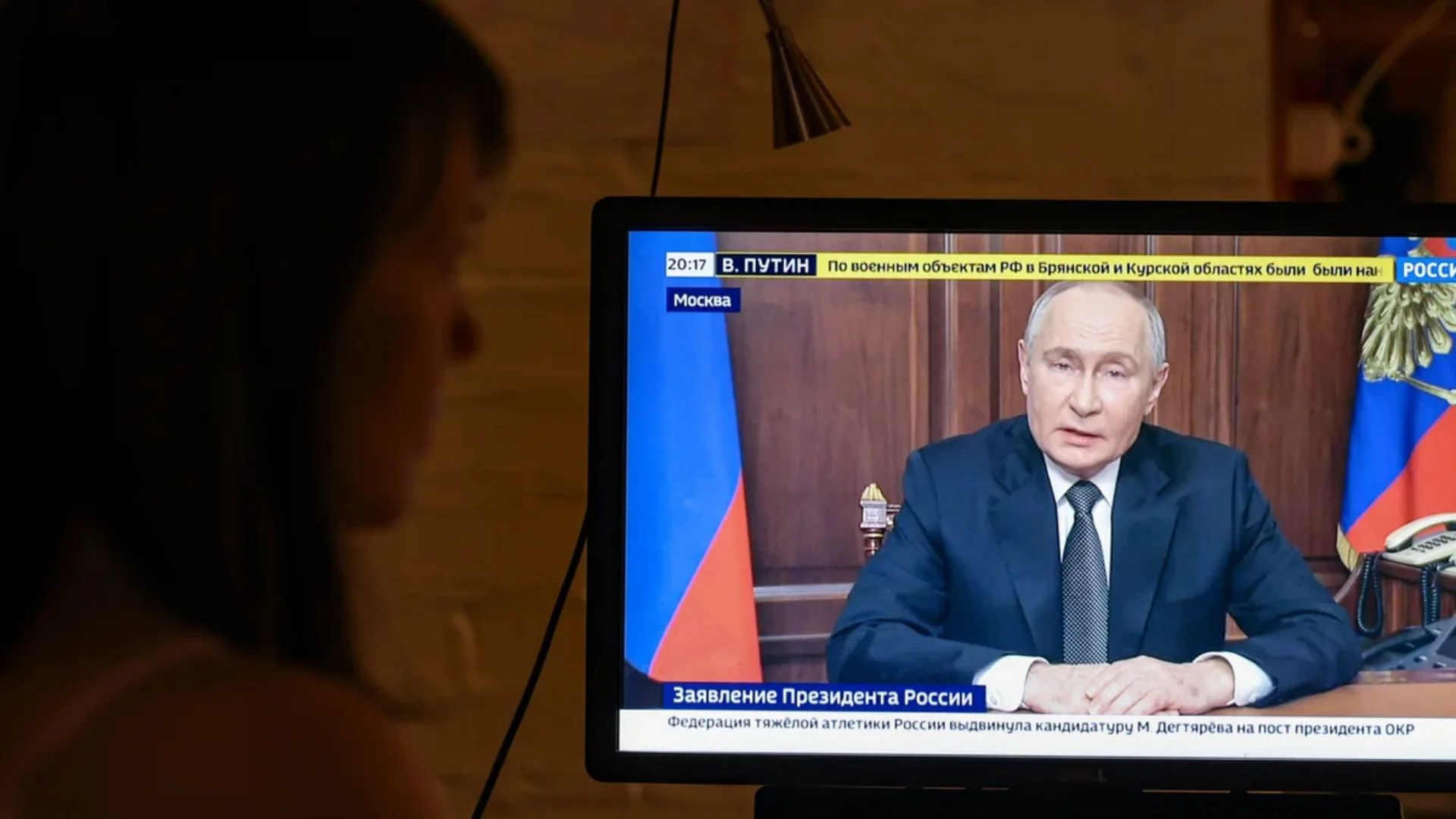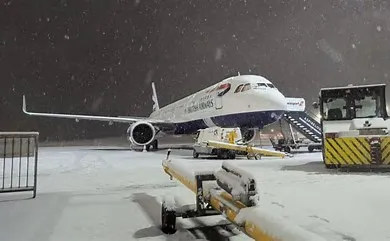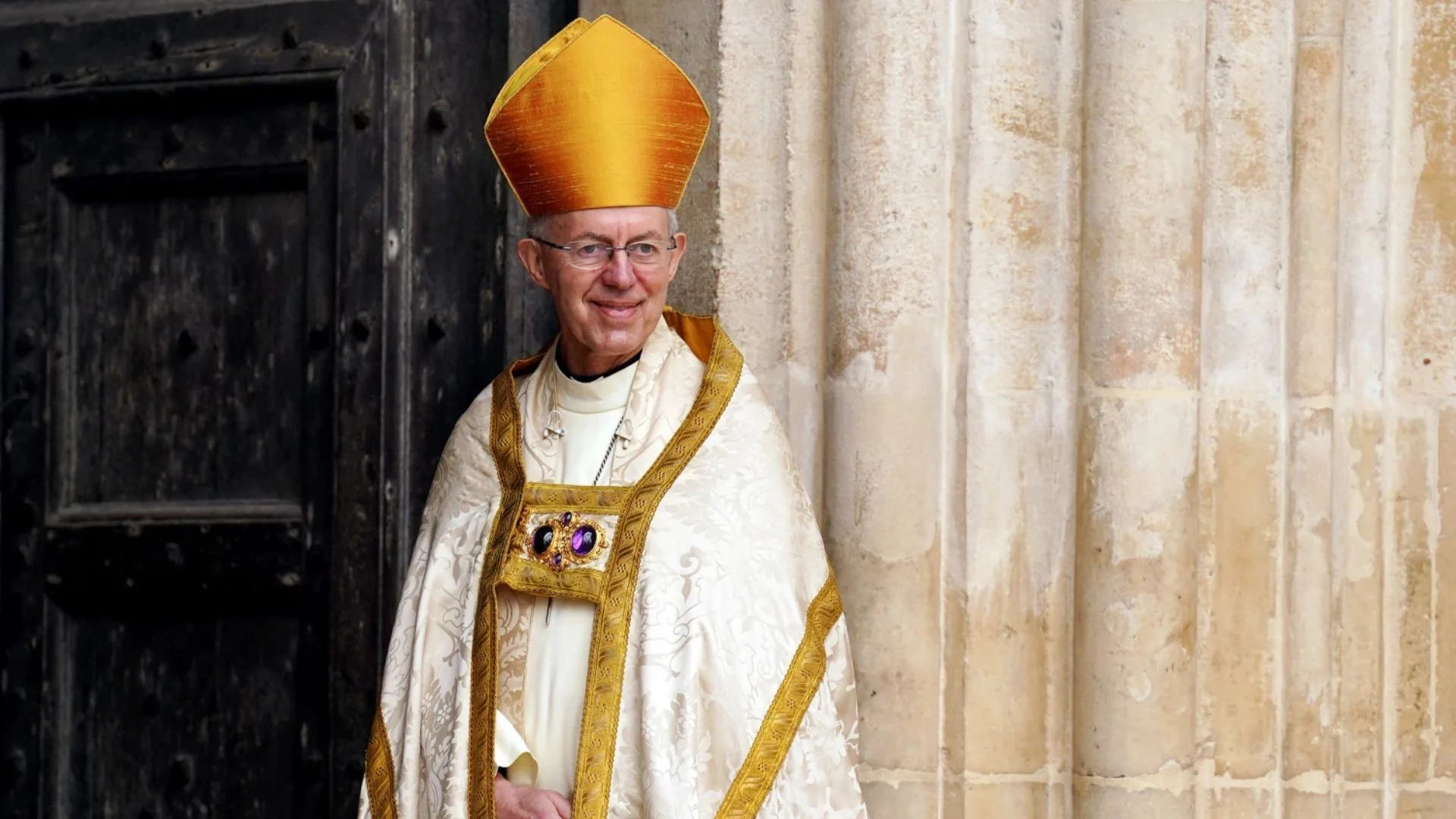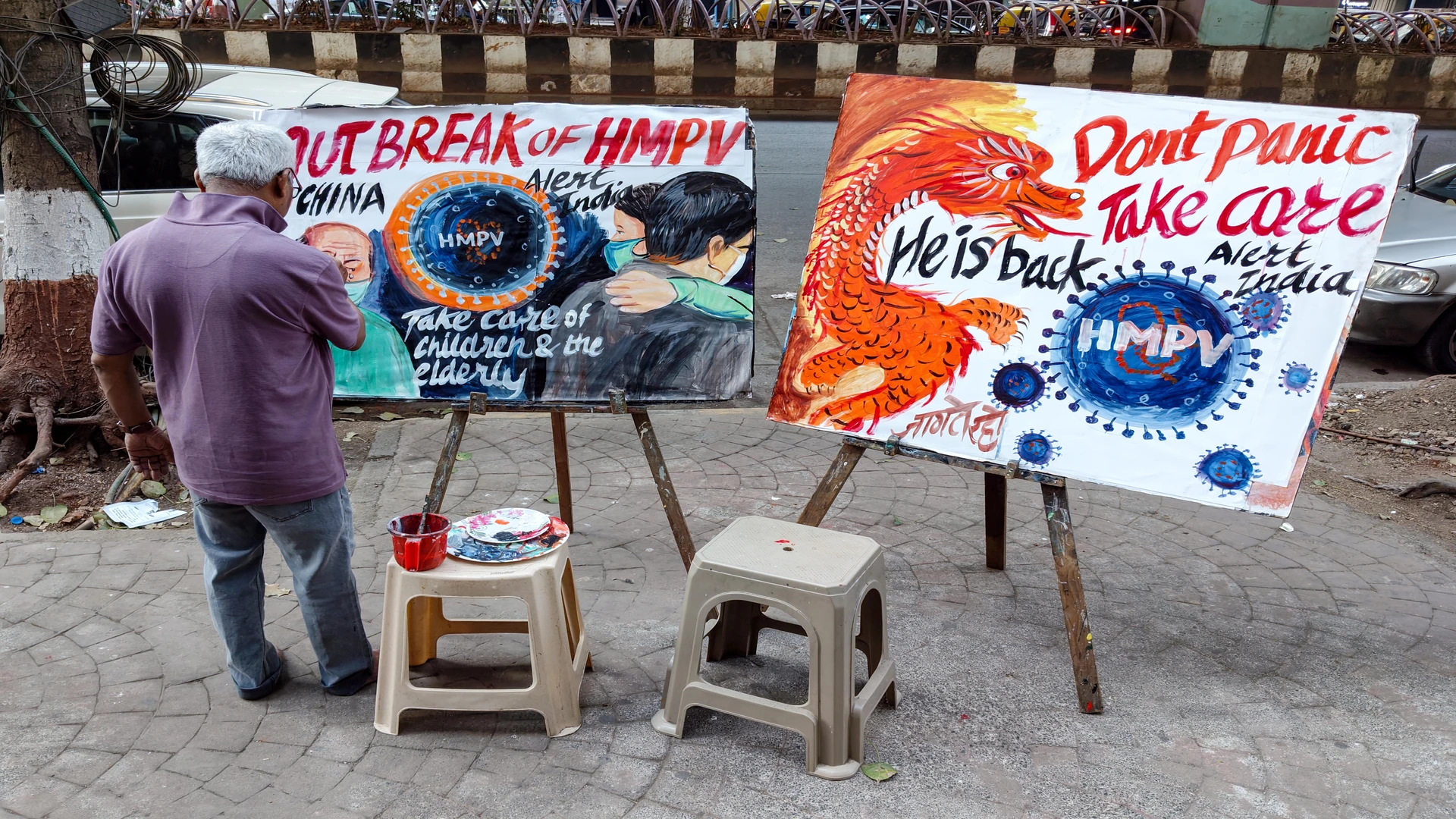Senior European diplomat has revealed that up to 100 incidents across Europe this year are suspected to be linked to Russian hybrid operations, as Western officials deliberate on how to counter escalating sabotage efforts.
Speaking ahead of a NATO meeting in Brussels, Czech Foreign Minister Jan Lipavský emphasized the urgency of addressing Moscow’s covert activities. “Europe must send a clear message to Moscow that such actions will not be tolerated,” Lipavský stated. He highlighted that out of 500 suspicious incidents this year, approximately 100 were attributed to Russian espionage, sabotage, and influence campaigns.
Over the years, European countries have faced a series of disruptions including cyber-attacks, arson, sabotage, and assassination plots. Security officials believe these actions aim to destabilize Ukraine’s allies, inflame social tensions, and hinder military support to Kyiv.
Concerns have grown following Western approval for Ukraine to deploy long-range US and British missiles. NATO Secretary General Mark Rutte recently warned that Russia’s hybrid warfare is shifting the conflict beyond Ukraine to Western Europe, the Baltic, and even the Arctic.
Investigations into suspected Russian activities are underway across Europe. Sweden is probing the deliberate severing of two undersea cables in the Baltic Sea, believed to have been caused by a vessel dragging an anchor for over 100 miles.
In the UK, a sophisticated spy ring allegedly passing intelligence to Russia is under trial. Authorities are also investigating whether incendiary devices sent to Birmingham and Leipzig via DHL were linked to Russian operatives.
Germany faced a particularly grave threat with an assassination plot targeting Armin Papperger, CEO of Rheinmetall, a key defense supplier to Ukraine.
Germany’s intelligence chief, Bruno Kahl, suggested that continued Russian sabotage might prompt NATO to consider invoking Article 5, its collective defense clause.
Experts warn that countering Russia’s expanding hybrid operations poses a formidable challenge. Some nations, including the Netherlands, are enlisting private firms to enhance security. The Kremlin’s covert tactics have intensified as it rebuilds its spy network, relying on criminals and unconventional methods following the expulsion of 450 diplomats in response to the Ukraine invasion.























